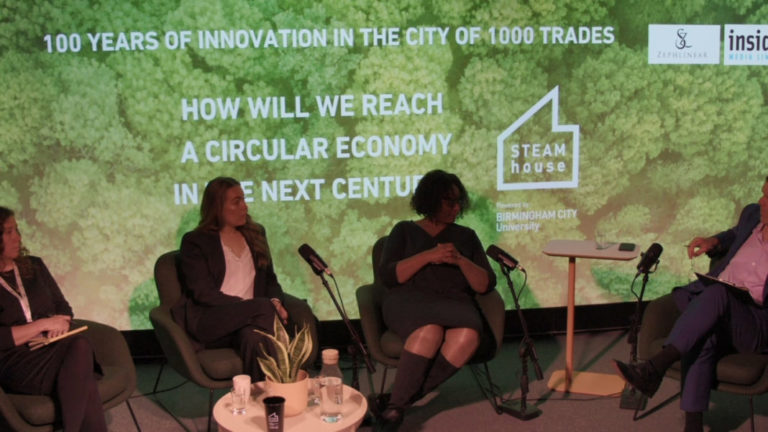Public relations can be a powerful tool for businesses looking to raise their profile and connect with new audiences. However, not every company is ready for or well-suited to a PR campaign. Skilled PR professionals understand when to advise clients against pursuing PR, saving them from wasted time and resources.
Many business founders get stars in their eyes at the thought of flashy media coverage singing the praises of their innovative new product. But this excitement can lead to premature outreach, before a business has laid the necessary groundwork for a successful PR push.
PR campaigns aim to generate interest among media outlets, retail buyers, and consumers at large. For earned media coverage and partnerships with major retailers to materialize, a product has to be truly unique, fully refined, and ready to capture the public’s attention. When a product is still finding its footing, PR risks highlighting its flaws on a wide scale or creating demand the company can’t yet meet.
Rather than rushing into PR, consumer goods startups should focus first on perfecting the product itself. Once the kinks are worked out and it’s ready for its closeup, PR outreach can begin. But the work doesn’t stop there. While PR agencies handle media relations, the client needs to ensure internal readiness on the sales, operations, and production side.
To make the most of PR opportunities, a company has to have the inventory and infrastructure to deliver at scale. Otherwise, glowing coverage can lead to widespread disappointment when customers can’t get their hands on the product. Essentially, the stars have to align across product, sales, and operations before a startup can expect PR to drive dramatic growth.
When founders push for PR too soon, agencies often advise starting on a smaller scale. Securing coverage with a niche publication or influencer better matches the company’s current reach while still raising awareness. For very young brands, PR pros may even recommend holding off on traditional media relations altogether.
In these cases, they point clients toward other marketing strategies better suited for an early stage. PR relies on interest from external parties. But startups can take brand-building into their own hands through owned media channels like blogs, newsletters, and social media. Here, they control the narrative while organically growing an audience.
Done right, these channels establish brand identity and consumer loyalty before larger media comes calling. PR reinforces this foundation once the company hits its stride. But rushing into it too soon risks rejection, wasted money, and damage to the brand image.
While some agencies will take on any client dollar, ethical PR advisors turn down business when they see red flags. Misaligned expectations, poor product-market fit, and lack of resources are sure signs a startup isn’t ready for primetime. Rather than string them along, honest agencies explain why PR would be premature or ineffective.
It’s never easy saying no to business. But steering clients away from PR until the time is right builds trust and understanding. Once they see the benefits of laying the groundwork, clients gain faith in the agency’s judgment. When PR finally does make sense, they move forward with realistic expectations, saving all parties headaches down the road.
Beyond readying their operations, startups need a compelling story before media attention bears fruit. In a crowded marketplace, simply having a new product isn’t enough. To pique journalists’ interest, brands need a hook that taps into current trends and wider conversations.
For example, a new line of non-alcoholic spirits might highlight the growing sober curious movement. A “performance” snack brand could showcase athlete endorsements and sponsorships. The product itself is only part of the puzzle – it’s the narrative that draws people in.
The best PR pros act as brand storytellers, unearthing the unique angles that will capture media and consumer imagination. But for companies still finding their voice, forcing a PR launch rarely ends well. First establishing brand identity and core messaging provides the foundation for an authentic, engaging campaign.
Patience is understandably difficult when sales are lackluster and investor expectations loom. But rushing into PR before the groundwork is laid wastes time and money for all involved. Savvy PR advisors recognize this reality. While it’s tempting to take on any new business, they understand that selectively choosing clients poised for success builds trust and referrals.
So while it may seem counterintuitive, regularly talking clients out of PR can be a mark of a top-tier agency. Offering sound counsel demonstrates commitment to clients’ best interests, not quick wins. Advising brands to slow down sets them up for success once the market is ready to embrace them.
Learning to say no takes wisdom and discipline. But for PR pros who master this art, it cements their status as trusted advisors. Their restraint ensures clients only pursue PR when the payoff is primed to surpass the investment. In a field fraught with inflated promises, their candor and discretion is often the smartest PR strategy of all.








